The EU should develop a Democratic European Mechanism of Clarity (DEMoC) to provide legal certainty and a dialogue platform for cases of self-determination.
The EU’s main strength is its historical legitimacy, its ability to overcome internal conflicts through dialogue and democracy, and its vocation to deploy these tools to solve conflicts around the world. To be consistent with this record, the Union needs to equip itself with the institutional and legal tools for resolving democratic conflicts on sovereignty within its own borders. Europe cannot be a straitjacket unable of responding to the different democratic demands of its constituent peoples.
The right for stateless nations and peoples to democratically decide their own future must be respected, and for that purpose, we advocate for the creation of a mechanism of clarity at EU level, aimed at facilitating and resolving any eventual self-determination disputes through democratic means. This tool should ensure that positions cannot be imposed nor debates prevented.
